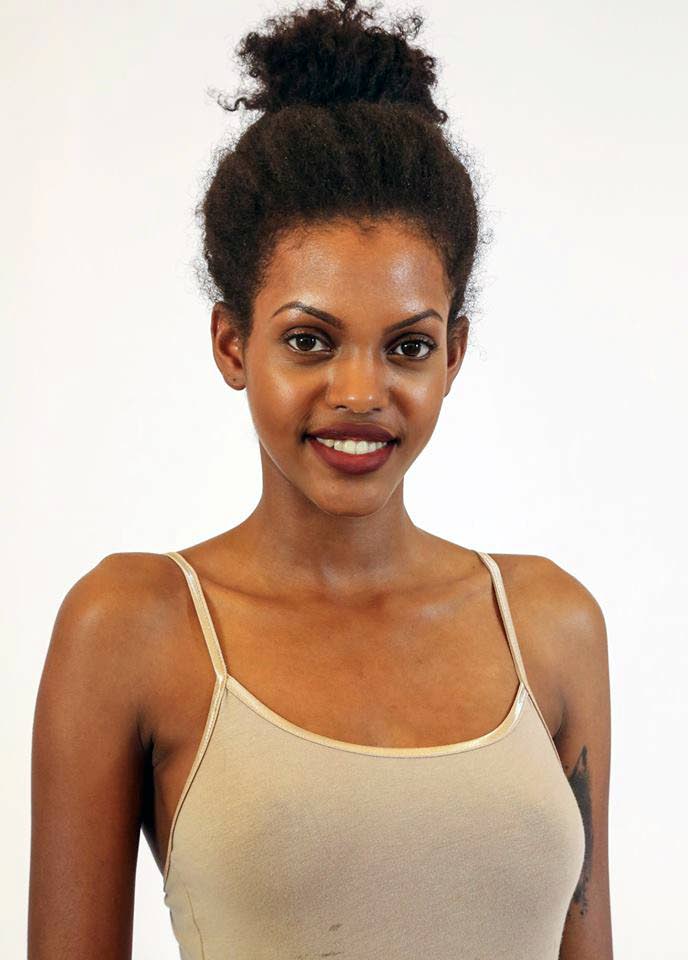‘Blacklash’ against straighten hair order

THREE local activists yesterday spoke on the brouhahah developing in cyberspace regarding the Caribbean Next Top Model show, whose host is former miss universe Wendy Fitzwilliam, where in season four, a young Afro-Trini model was ordered to chemically straighten her natural hair or quit the show.
A clip of that show was posted to social media and drew numerous comments. In it, model Gabriella Bernard is heard saying she does not want to have her hair chemically straightened, as she sat with other models in a hair salon, per instructions given behind the scenes, in order for her to continue as a contestant on the show.
Dara Healy was in a state of shock after viewing the clip and even asked Newsday if the clip was a spoof.
“My initial reaction is, was this what people were jailed for, marched for and lost their lives for? The right to wear their hair naturally. I am hoping this is not real but a spoof.” Healy took issue with Fitzwilliam, later in the segment, talking to Bernard and equating straightened hair to professionalism.
“So all the women in the world and in this country who are professionals with natural African hair, they should not be working at all? All the models on the catwalk in Paris, they are not professionals?”
David Muhammad of the Black Agenda group, hailed Bernard for championing natural African beauty and was extremely disappointed that Fitzwilliam had not supported the young model’s stance. “Wendy was wrong, totally wrong. I think she’ll come to the realisation over the next few days. I hope Wendy Fitzwilliam would realise this was an error on her part,” Muhammad said.
Writer Attilah Springer told Newsday she was too upset to view the video to completion. While Springer regretted Fitzwilliam’s words, she said they may reflect a harsh reality that the former miss universe would have witnessed.
If a magazine could redo the hair of model Lupita Nyong’o, Springer reasoned, then so to might Bernard be advised to straighten her hair. “Wendy is talking from a place of her reality. As jarring as it is to hear from somebody like her who we hold as a symbol for dark-skinned women, who reached the pinnacle of a beauty competition, certain notions of what beauty is, still exist in some parameters.”
Springer said the reality is that black women will always have to adjust the way they look to fit in. “I feel like Wendy is coming from a place of truth, a place of absolute, brutal truth for black women.
That’s just the reality. It is very hurtful to hear it and it is very hurtful to have someone like her endorse it as ‘professionalism’ and not encourage a young woman to rebel against it...(but) that’s the reality of international beauty standards,” Springer said.
She queried Fitzwilliam’s views about youngsters having to fit into a professional setting.
“The biggest and most successful companies in the world now encourage people to come to work comfortably, sometimes in rubber slippers and short pants. Yet we are still labouring to present a certain version of blackness.
“The perception is that natural hair is unprofessional and needs to be tamed and controlled. It’s an extreme policing of blackness.” Springer also said that even when Africans try to conform to a Eurocentric aesthetic, they still end up being discriminated against.


Comments
"‘Blacklash’ against straighten hair order"